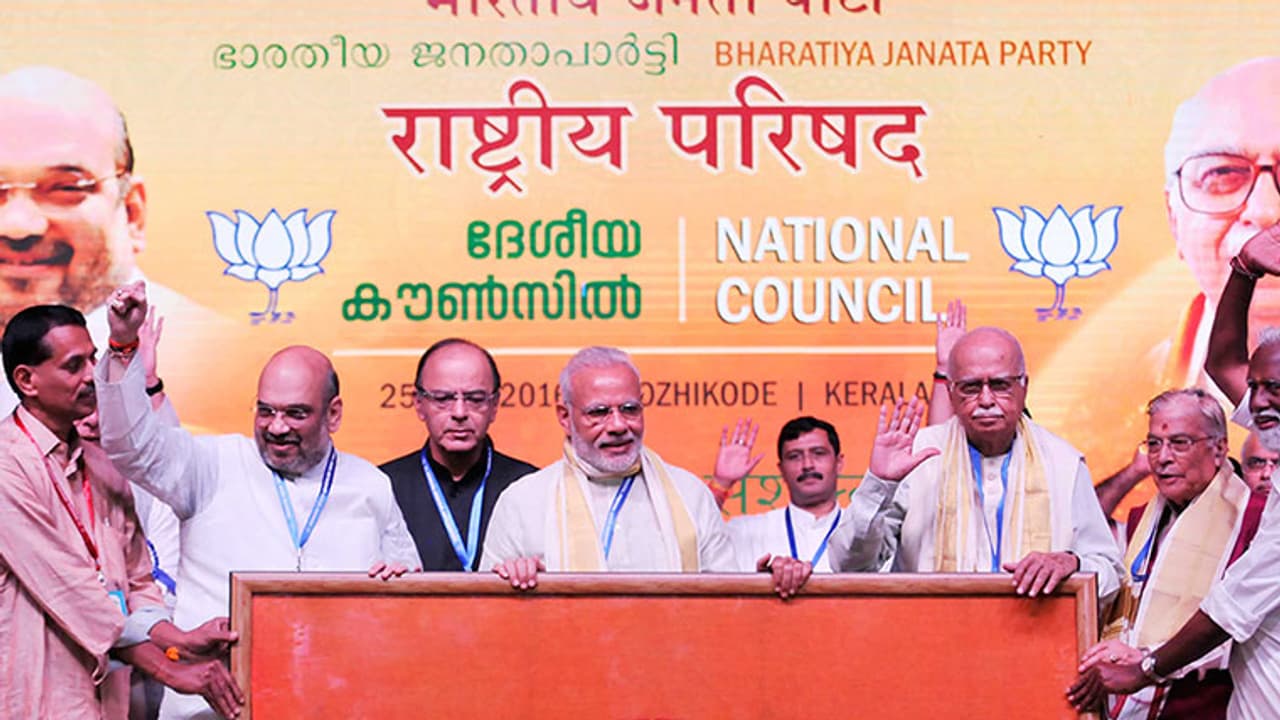India is home to 30% of the world’s poorest people. It is estimated that 29.6 percent (363 million) of the total population in 2011-2012 are poor. Inequality is still the biggest disease stalking the country.

Modi's speech in Kozhikode remains the hardest hitting speech yet by an Indian Prime Minister against Pakistan. It had rhetoric, drama and a confident but rational approach.
Invoking Zulfikar Ali Bhutto’s infamous 1000 year war comment, PM Modi said: "Leaders of the neighbouring country used to say that they will fight for 1000 years, where are they now? I want to tell Pakistan that India is ready to fight you. If you have guts, come forward to fight against poverty. Let’s see who wins? Who is able to defeat poverty and illiteracy first, Pakistan or India,” he added.
If Mr Modi is real about taking up the challenge against poverty and illiteracy, then these facts may come handy for his subsequent speeches:
It is estimated that 29.6 percent (363 million) of the total population in 2011-2012 are poor. Inequality is still the biggest disease stalking the country.
India has the world’s largest number of homeless and landless persons. There is a shortage of 18.78 million houses for urban areas and 40 million for rural areas; 96 percent for low-income groups. 13.75 million households live in slums without access to basic services.
Displacement from rural areas resulting from large dams, mining projects, and construction of roads, ports, and industrial corridors, is increasing. Since independence, at least 70 million people have been displaced for ‘development’ projects; the majority has not been resettled.
Between 2008 and 2014, 30 million people were displaced from natural disasters. Delayed/failed/exclusionary rehabilitation of disaster-affected persons is a major concern.
Access to housing is not available to all, especially for religious and sexual minorities, and single women. People living in enclaves, plantation workers, migrants, sex workers, and persons with disabilities face housing rights violations
The Smart Cities Mission that plans to create 109 'smart cities' by 2020 is projected to cause more evictions and homelessness.
India is home to 30% of the world’s poorest people but out-of-pocket expenditure on health continues to be one of the highest in the world .
More than 44,000 women die needlessly every year due to pregnancy and childbirth-related causes. The Maternal Mortality Rate, NMR, IMR and U-5 mortality still remain high in vulnerable populations and girls.
There are 10.12 million working children in 5-14 years age group, out of school children and the Right to Education Act is far from being implemented.
Children with disabilities, children infected and affected by HIV/AIDS, children of nomadic, semi-nomadic and de-notified tribes, children from LGBTQ and children from Dalit, tribal, and Muslim communities in government schools face widespread discrimination.
Mr Modi is bang on; a nation that cannot protect its citizens from hunger and illiteracy cannot be secure by thwarting an external threat. If he can walk the Kozhikode talk, then he won’t just avenge the death of 18 soldiers but of millions of Indians who have perished denied even the basic of rights.
Kishalay Bhattacharjee is a senior journalist and author. His most recent book is Blood on my Hands: Confessions of Staged Encounters (Harper Collins 2015). The views expressed here are his own.
